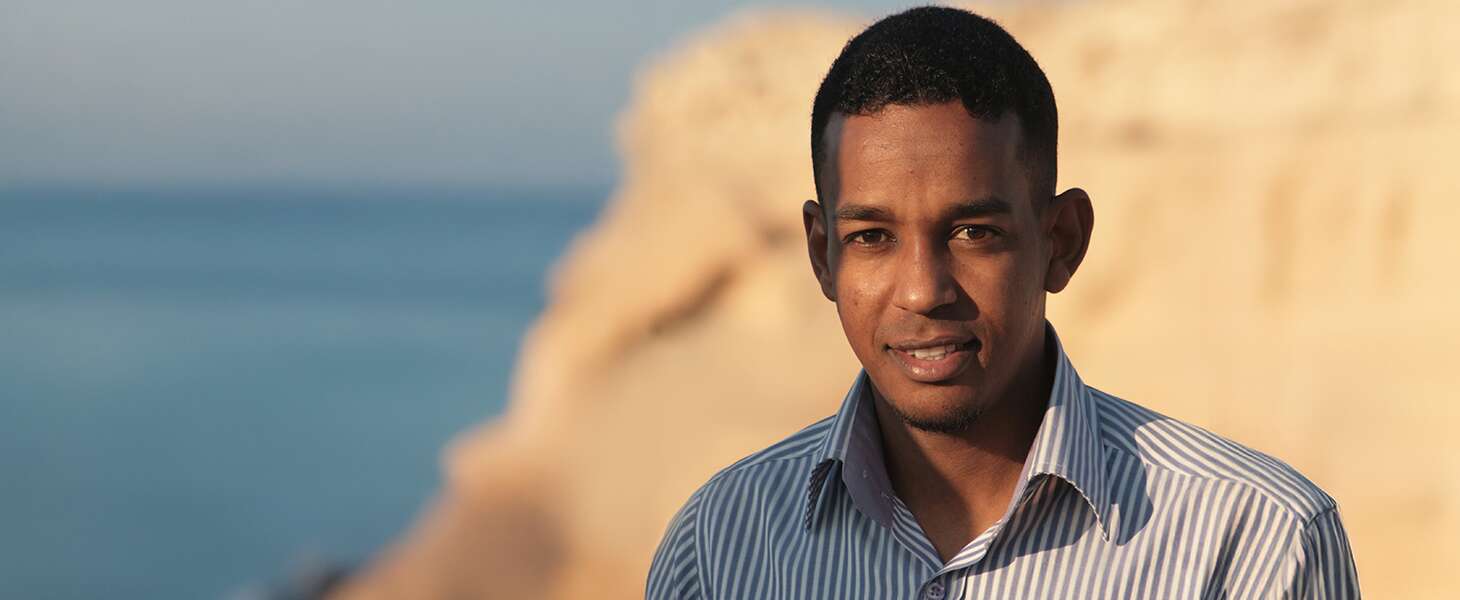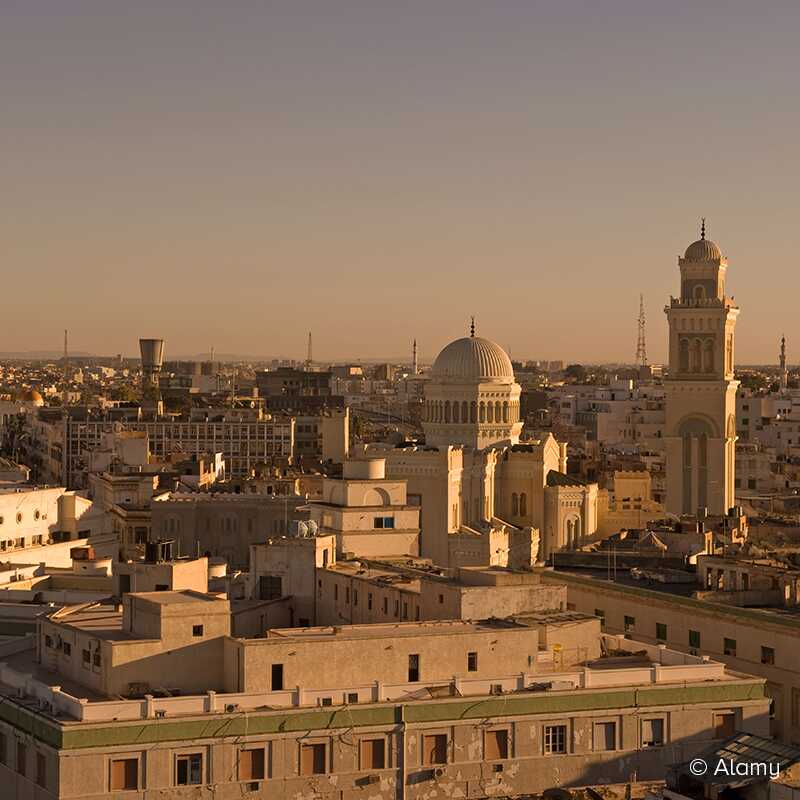



In Libya, following Jesus is a huge risk for anyone. Libyan Christians with a Muslim background face violent pressure from their families and communities to renounce their faith. Foreign Christians, especially those from sub-Saharan Africa, are targeted by Islamist militant and criminal groups. These groups kidnap and sometimes brutally kill Christians. Even if they avoid such a fate, sub-Saharan Christians face harassment and threats from radical Muslims.
Christians who openly express their faith or try to share it with others risk arrest and violent opposition. The lack of a central government to enforce law and order makes the situation even more precarious.
Christians in Libya are at risk everywhere, but especially in areas with active radical Islamist groups. The region around the city of Sirte is notorious for the presence of such groups, including Islamic State group elements. Expatriate Christians generally avoid travelling, particularly in areas where militants might have checkpoints. Groups linked to the now-defunct Islamic Dawn Coalition control areas around the capital city, Tripoli, and parts of the city itself. In the east, radical groups are present in Benghazi city.
Migrant Christians trying to reach Europe often end up in overcrowded detention centres around Tripoli, if arrested. Some don’t even make it that far and are handed over to criminal officials or human traffickers. They are then forced into heavy labour in agriculture or pushed into prostitution.
Pressure on Christians in Libya remained extremely high. The shockwaves of a major incident in March 2023, which saw the arrest of several Libyan Christians and some expatriate Christians, has forced the tiny Christian community to remain extremely careful. There has been some evolution of the country's East-West divide, and further integration of militia groups with controlling government forces. Overall, Libya remains a deeply dangerous and unstable place for followers of Jesus.
Open Doors works with local partners and churches in North Africa to provide leadership and discipleship training, livelihood support, legal aid, trauma counselling, Bibles and pastoral care.

Lord Jesus, we pray for our family in Libya who follow You at such great risk to their lives and livelihoods. Please show these secret believers that You're walking with them. We pray for peace in Libya, specifically that the tension between factions will not escalate into war and further endanger believers. We ask You to protect Christian migrant workers from extremist groups. Please open doors for converts to find life-giving community and grow in their faith, despite the challenges they face. In Your name we pray, Amen.
We use cookies and other technologies on our website. Some of them are essential, while others help us to improve this website and your experience. We use them, among other things, to offer you an option for secure donations and anonymously evaluate access to our website. It also allows us to share our own YouTube videos on the website. Depending on the function, the data is passed on to third parties and processed by them. More information on The use of your data can be found in our Privacy Policy. You can revoke or adjust your choice at any time under Cookie Settings.